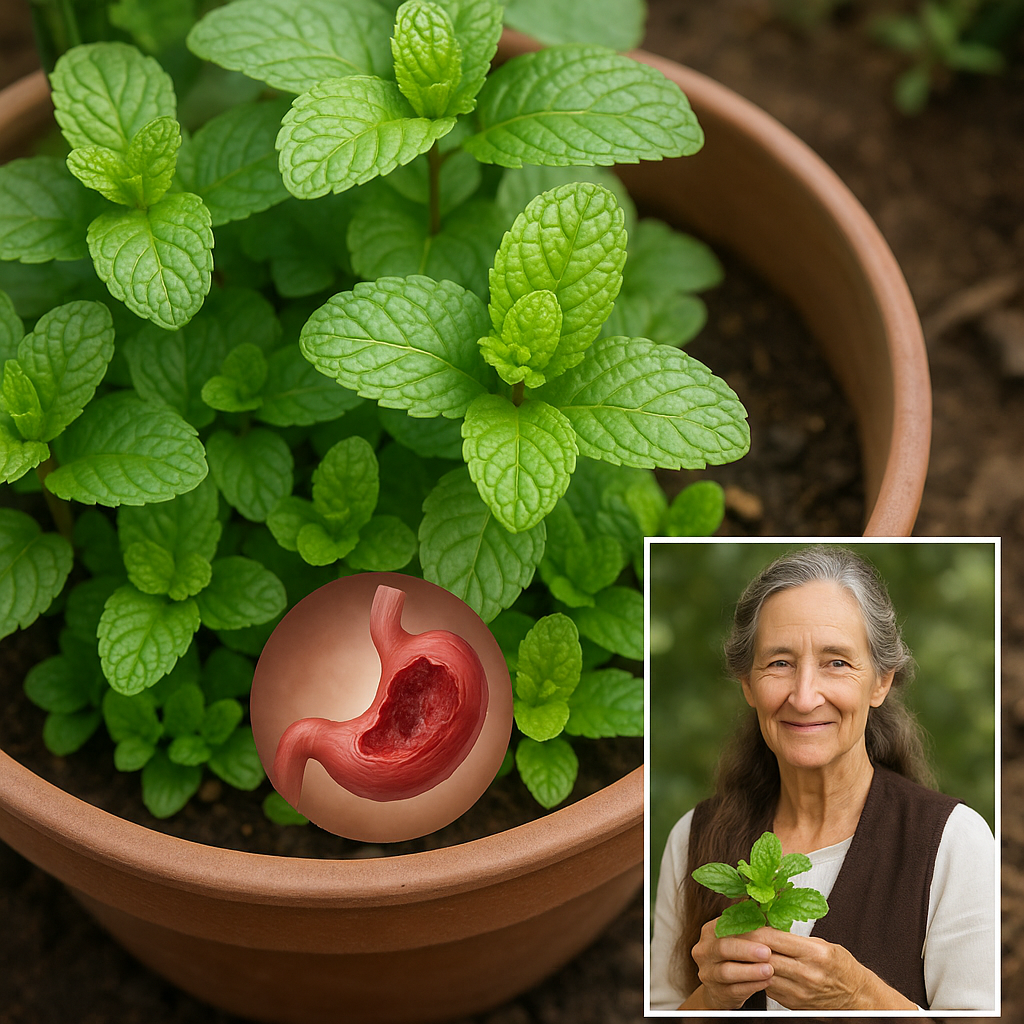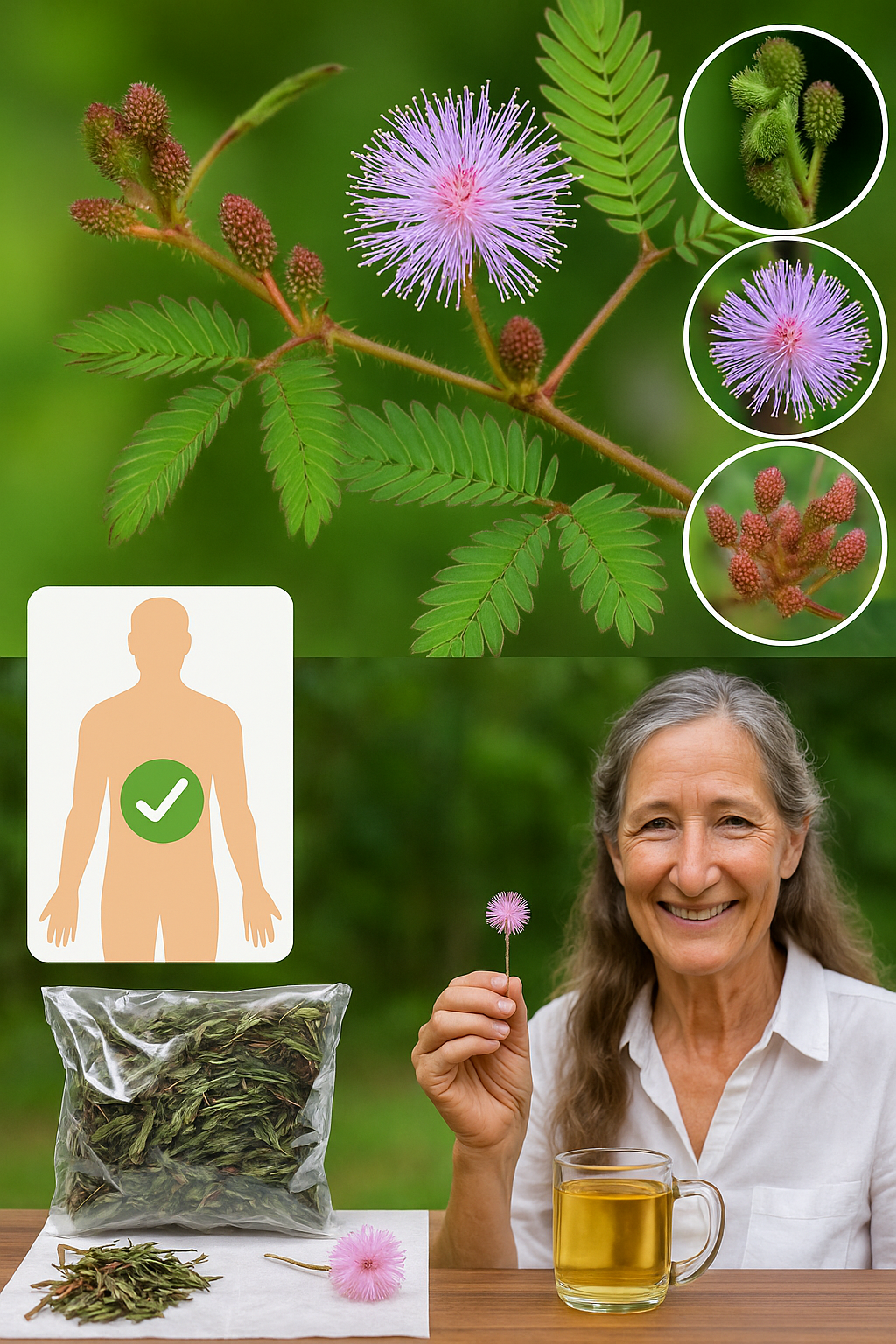Tired of swatting flies, chasing away mosquitoes, or discovering ants in your kitchen? What if the solution wasn’t a spray, trap, or chemical — but a beautiful plant sitting quietly on your windowsill or in your garden?
Let us introduce you to the world of natural pest-repelling plants — botanical allies that not only beautify your home but also act as living, breathing defenders against flies, mosquitoes, ants, and more. These plants don’t just freshen your air; they help protect your space with their potent, insect-repelling properties.
Ready to turn your home into a natural pest-free sanctuary? Let’s explore the most effective plants you can grow to do exactly that.

🌱 1. Basil – The Kitchen Guardian
Basil isn’t just for pasta. This aromatic herb naturally repels flies and mosquitoes, making it a perfect companion for your kitchen windowsill or balcony.
Its sharp, clean scent disrupts insect navigation, especially when the leaves are crushed or brushed. You can even make a DIY basil spray by simmering the leaves in water and adding a splash of vodka for a natural mist.
🌼 2. Lavender – The Calming Defender
Lavender is loved for its relaxing scent, but insects can’t stand it. This plant is a powerful repellent for flies, moths, and mosquitoes. Whether in pots near your doors or dried in sachets tucked into drawers, lavender brings beauty, calm, and protection.
Its essential oils are especially strong at keeping bugs away — and as a bonus, they promote restful sleep if you place it near your bed.
🍋 3. Lemongrass – The Mosquito Slayer
Lemongrass is the plant version of citronella — the same scent used in natural mosquito-repelling candles. Its tall, graceful blades not only add elegance to your garden but also serve as a natural forcefield against flying pests.
Grow it in large pots near entryways or along patio edges to keep mosquitoes at bay during summer evenings.
🌸 4. Marigold – The Floral Forcefield
Marigolds contain pyrethrum, a natural compound often used in organic insect repellents. These bright, cheerful blooms are not only easy to grow but also extremely effective at deterring mosquitoes, aphids, and even nematodes in your soil.
They’re especially useful in vegetable gardens to protect your crops — and they look stunning too.
🌿 5. Mint – The Cool Barrier
Mint is another herb that bugs absolutely hate. Its sharp menthol aroma confuses insects, particularly ants, flies, and even spiders. Grow it in pots to prevent it from spreading wildly, and place those pots near your kitchen door, windows, or wherever bugs tend to gather.
You can also rub mint leaves directly on your skin as a light natural bug repellent.
🌵 6. Rosemary – The Woody Warrior
Rosemary isn’t just delicious in roasted dishes — it’s also a potent pest deterrent. Its strong scent repels moths, flies, and mosquitoes. When grown in the garden or indoors, rosemary helps protect both your air and your pantry.
Dried rosemary can even be burned like incense to clear a room of lingering flies.
🌼 7. Chrysanthemums – The Multi-Insect Protector
Often called “mums,” chrysanthemums contain a powerful compound known as pyrethrin — one of the most effective natural insecticides. These flowers repel roaches, ants, fleas, ticks, silverfish, and more.
They’re often used in natural pet treatments too. Place them near your home’s entry points to create a beautiful yet effective pest barrier.
🍊 8. Citronella – The Classic Mosquito Repellent
Citronella isn’t just a candle scent — it’s a living plant with thick, grass-like leaves that emit a strong citrus aroma. It’s incredibly effective at repelling mosquitoes and other flying insects.
Grow citronella in pots and place them around outdoor seating areas or balconies. Just brushing against the plant can release its fragrant oils into the air.
🌿 9. Bay Laurel – The Pantry Protector
Bay leaves are known for seasoning soups and stews, but did you know they’re also effective at deterring pantry pests like weevils and moths? Tuck dried bay leaves into your flour containers or cabinets to keep bugs away.
The plant itself is also easy to grow in containers — just keep it near the kitchen for both cooking and protection.
🌸 10. Catnip – Nature’s Mosquito Nemesis
Yes, catnip — the beloved herb of felines — is a potent mosquito repellent, even more effective than DEET in some studies. It contains nepetalactone, which mosquitoes can’t tolerate.
Grow catnip in a sunny spot and enjoy the double benefit: a happy cat and fewer mosquitoes.

🌿 How to Use These Plants Effectively in Your Home
- Place pots near doors and windows to create a natural barrier.
- Crush fresh leaves occasionally to release more aroma.
- Make herbal sachets from dried leaves and flowers to place in drawers, closets, or under pillows.
- Create homemade sprays by steeping fresh herbs in hot water, cooling, and spraying around baseboards or kitchen areas.
🔥 Bonus Tip: Combine several of these plants in the same area — like basil, rosemary, and mint in a kitchen herb garden — to create a layered line of defense with added culinary benefits.
🛑 A Word of Caution
Some of these plants, like mint and catnip, spread aggressively and are best grown in pots. Others, such as citronella and lemongrass, require warmth and sunlight to thrive. Always research the growing conditions that best suit your space.
🌟 Final Thought: Let Nature Guard Your Home
Why resort to toxic sprays or artificial repellents when nature has already provided everything you need?
These plants do more than just sit pretty — they actively work to protect your home, your food, and your peace of mind. Whether indoors or out, a few strategic plant choices can make your space both more vibrant and pest-free.
So next time an unwanted bug sneaks in, don’t reach for the spray. Reach for a pot, a seed, and a little sunlight. Your home will thank you — and so will your lungs.


